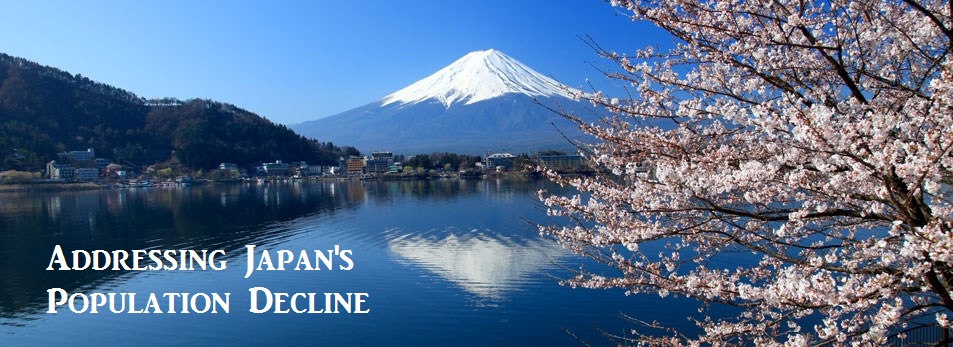Benefits of the Commons – Berkes
On a much larger scale, the need for understanding and having a discussion regarding established environmental ideas like Hardin and Malthus’ “Tragedy of the Commons” is beneficial in understanding environmental decision making. The widely preached tragedy is centered on the selfishness of humans when given an “unlimited” resource. The foundation of Berkes’ extract is to ultimately prove the original theory of the commons wrong. Berkes’ approach enables members of society to enforce a self-regulating system. He essentially puts faith into the users of the commons keeping in mind 2 characteristics of the “unlimited resources”. Control of access and subtractability are the keys that will make his positive take on the commons work. He tests Hardin’s original theory in multiple ways, and gives key examples regarding forestation, fisheries, lobstering, and beaver hunting to strengthen his argument. The examples of successful management of natural resources strengthens his discourse because they explain the situations thoroughly without the need for quantifiable evidence. Japan is a prime example for a society that follows Berkes’ model due to their immunity to a “Western” consumer society. Despite the economic boom and abundance of resources in the 19th century, the Japanese did not purchase in excess, but rather “a few items designed in accordance with Japanese lifestyle that did not waste scarce resources” (Daniels 1999). This efficient lifestyle allowed Japan to modernize easily, although as consumerism is beginning to grow and become focused on women, there might be an increase in the future. Nonetheless, Japan’s initial understanding of resource consumption can be summed up into the term “mottainai” meaning, “what a waste”. Though this term might become overshadowed by the beacon of American consumerism, some are hopeful that the importance term will continue to persist (Masters/Tokyo Time 2008). I found this mentality to be inspiring, since Americans possess a mentality that is difficult to change. Changing behavior is more difficult than reverting to an old habit, and I believe the Japanese society has this advantage.
From Nature 340.6229 (1989): 91-93.
